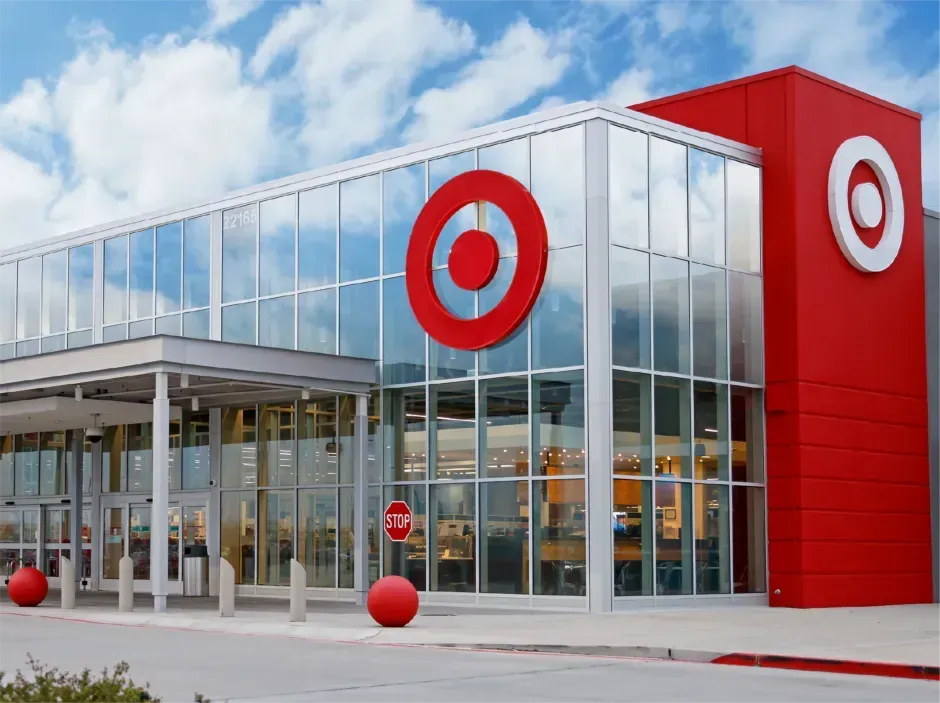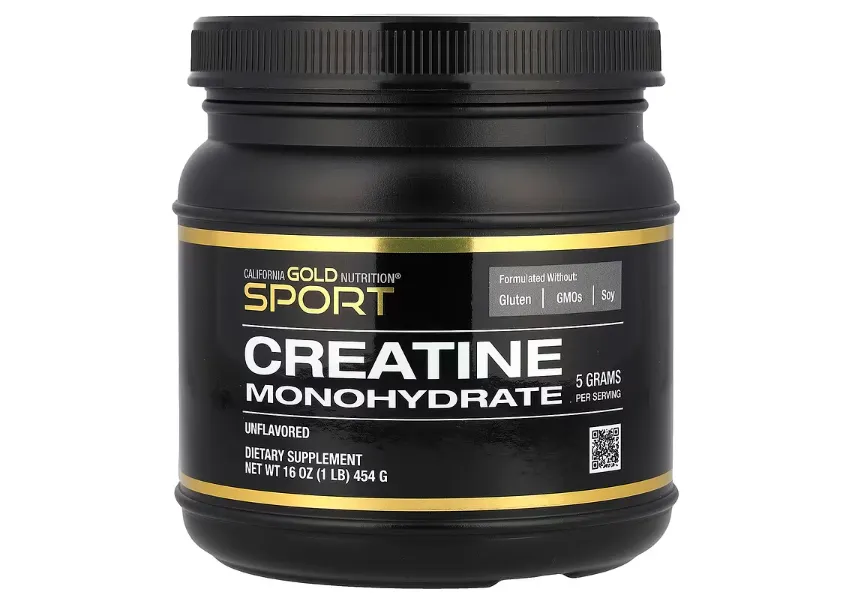WASHINGTON – Americans are expected to spend a record $16 billion on Father’s Day gifts this year, according to the National Retail Federation’s annual survey conducted by Prosper Insight & Analytics. That’s up from last year’s $15.3 billion.

“Fathers, husbands and sons can expect to feel the love this Father’s Day,” NRF president and CEO Matthew Shay said in a statement. “Over the past decade, spending on Father’s Day gifts has increased significantly. Retailers are ready with gifts that will have no problem impressing dad.”
Father’s Day spending has grown 70%, approximately $6.6 billion, since 2009. The biggest drivers of Father’s Day spending are growth in spending by consumers ages 35-44, and spending on clothing, special outings and gift cards. This year, 75.9% of people plan to celebrate and are expected to spend a record $138.97 each, up from last year’s $132.82, and up from $91 in 2009.
Consumers ages 35-44 plan to spend the most at an average $197.66, over $100 more than this age group spent 10 years ago. Men planned to spend the most for Mother’s Day this year and are also likely to spend more than women for Father’s Day at $160.74 compared with $118.29.
“It’s important to consumers of all ages that their gift for dad is unique and creates a special memory,” Prosper vice president of strategy Phil Rist said. “For example, subscription box services have become a popular unique gift option, particularly among younger consumers.”
When searching for the perfect gift, 39% of consumers will head to department stores, 34% will shop online, 24% will shop at a discount store, 23% at a specialty store, 11% at a specialty clothing store and 2% via catalog. Over half (57%) of smartphone/tablet owners plan to use their device to assist in Father’s Day gifting decisions, with 38% using their mobile device to research products and compare prices.
More than half of those surveyed plan to buy for their fathers or stepfathers (53%) while others will shop for their husbands (27%) or sons (9%) among other dads in their lives.
The survey of 7,591 consumers was conducted May 1-9 and has a margin of error of plus or minus 1.2 percentage points.









